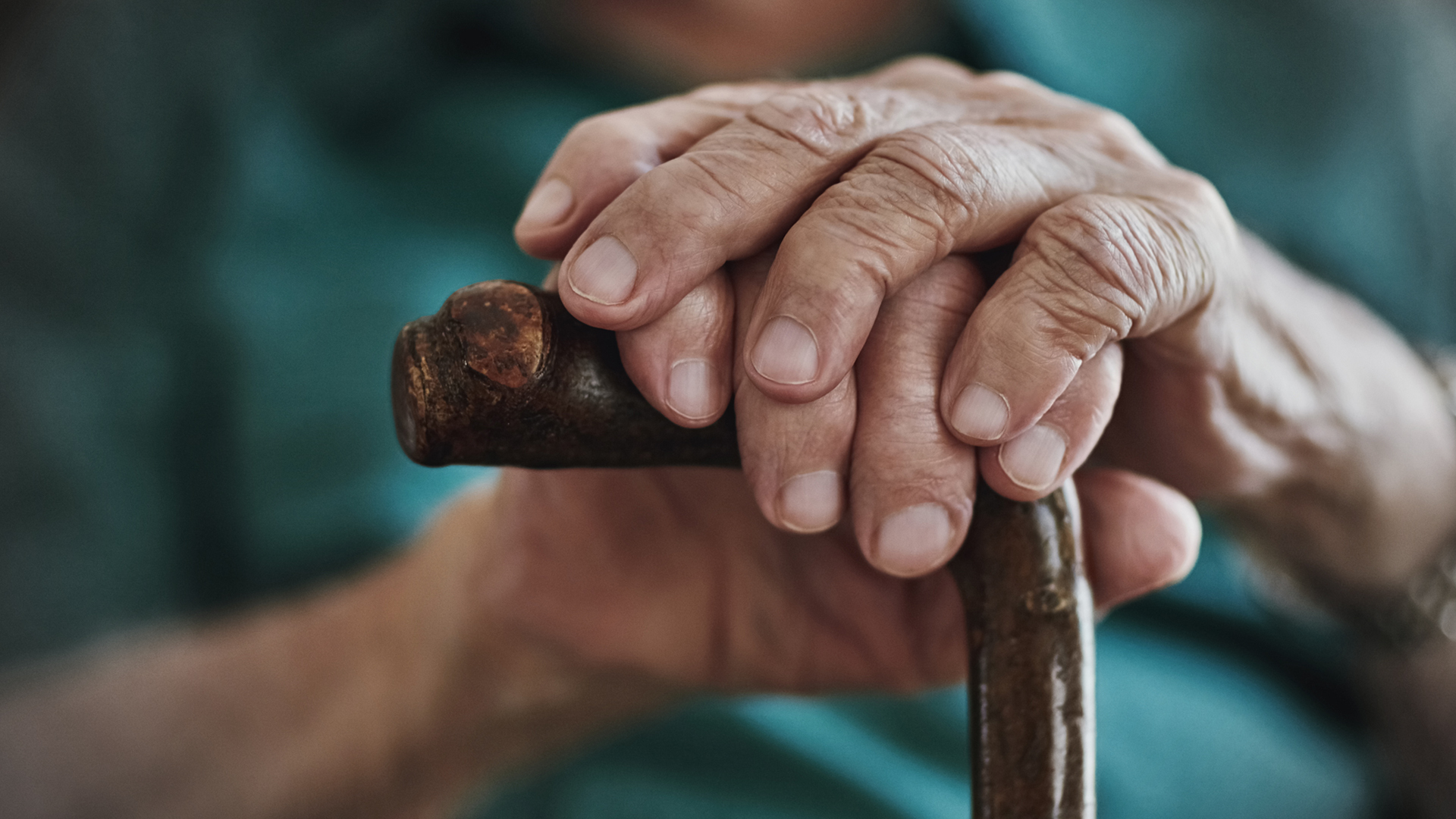
You purchase a firearm and learn to use it to protect yourself and your family, but you don’t carry it around the house. Every day when you get home, you secure your gun in the safe in your room.
What do you do if someone breaks into your home and your firearm is out of reach? Before you know it, you’re cut off from reaching the firearm you intended to have for protection. What do you do now? If you don’t want to carry your firearm around your home, you must consider and plan for this situation. Many people have more than one firearm in their home and in fact keep guns hidden in each room within reach at all times.
Can’t get to your gun?
If you can’t reach your firearm or if you have limited mobility, you should remember that in every room there are plenty of weapons. Whether it’s the lamp on the table next to you or the chair you’re sitting on, use whatever is available to protect yourself and your family.
In the kitchen? Fire extinguishers can be sprayed in the intruder’s face or used to bludgeon. Pots and pans are sturdy and can make excellent self-defense weapons. It’s important you think about what you’ll do if you’re at home and your firearm is out of reach.
Have a plan. Share the plan with your family members. Be ready to defend yourself. Of course, we hope you never face this type of situation; however, if you do, we want you and your family to be prepared and survive.
Florida’s Law
We also want to make you aware that Florida law allows you to defend yourself with almost anything you can find. Florida’s self-defense laws are found in Section § 776.012 of Florida’s Statutes. In neither the use of force nor the use of deadly force section of our self-defense laws do the statutes prohibit you from using whatever weapon you can find to defend yourself.
Thankfully, in Florida almost any household item can be lawfully used as a weapon. Aside from explosives and bombs, which are defined as destructive devices in Florida, there is only one absolutely prohibited weapon mentioned in Florida law: a ballistic or self-propelled knife. Although it’s illegal to sell certain weapons like brass knuckles, it is not illegal to possess brass knuckles or use them if faced with deadly force to defend yourself. Remember, however, when you decide to defend yourself with a deadly weapon, you must be faced with the threat of imminent death or great bodily harm.
Florida Statutes § 776.012(2) allows a person to use or threaten to use deadly force against another person. The use of deadly force is allowed when the person reasonably believes it is necessary to prevent immediate death or great bodily harm either to themselves or another.
Nowhere in Florida’s self-defense laws does it give additional rights due to a person’s age. However, an elderly person may successfully argue due to their age, the force necessary to cause death or great bodily harm to them is less than to a younger, healthier person. Therefore, their belief they needed to use deadly force was reasonable; it might not have been if they were in their twenties.
Castle Doctrine
If attacked in your home by a person who has entered illegally and with force, the Castle Doctrine will provide additional protection for you. The laws embodying Florida’s Castle Doctrine can be found in Florida Statute § 776.013.
Florida’s Castle Doctrine typically provides a defender with two very powerful presumptions:
- A person is presumed to have held reasonable fear of imminent peril of death or great bodily harm to himself or herself or another when using or threatening to use defensive force intended or likely to cause death or great bodily harm to another.
- A person who unlawfully and by force enters or attempts to enter a person’s dwelling, residence, or occupied vehicle is presumed to be doing so with the intent to commit an unlawful act involving force or violence.
If you are ever forced to defend yourself with your firearm or with any other weapon or object in your home, call 9-1-1. Then call U.S. LawShield and ask to speak with your Independent Program Attorney.





Leave A Comment